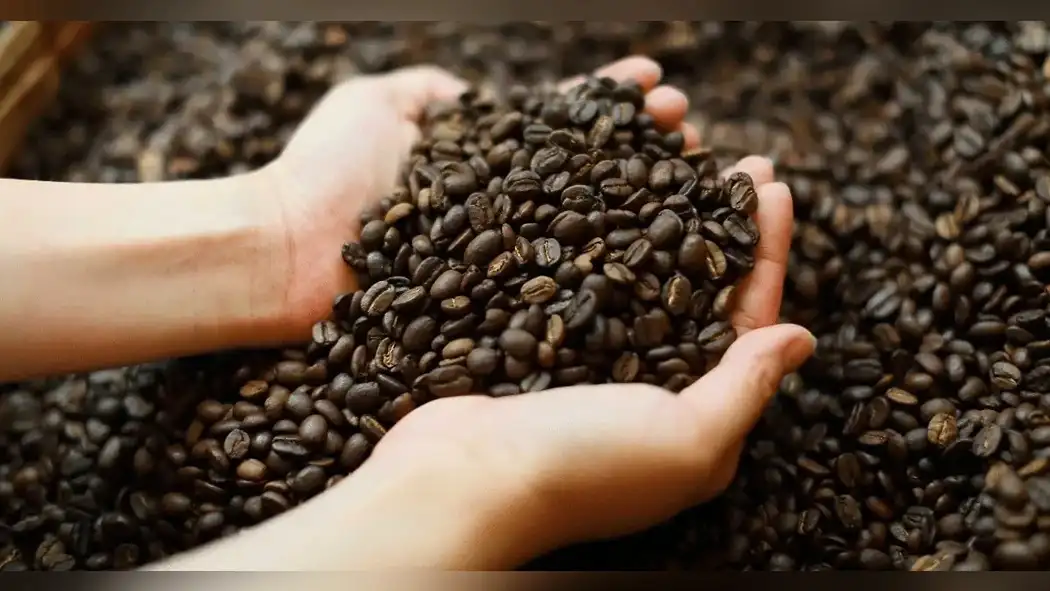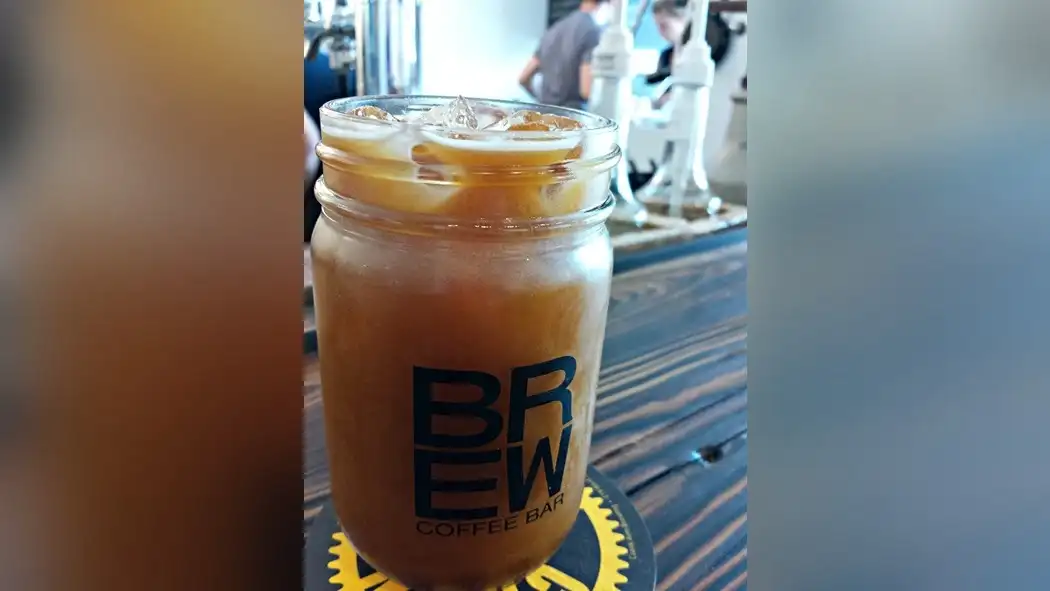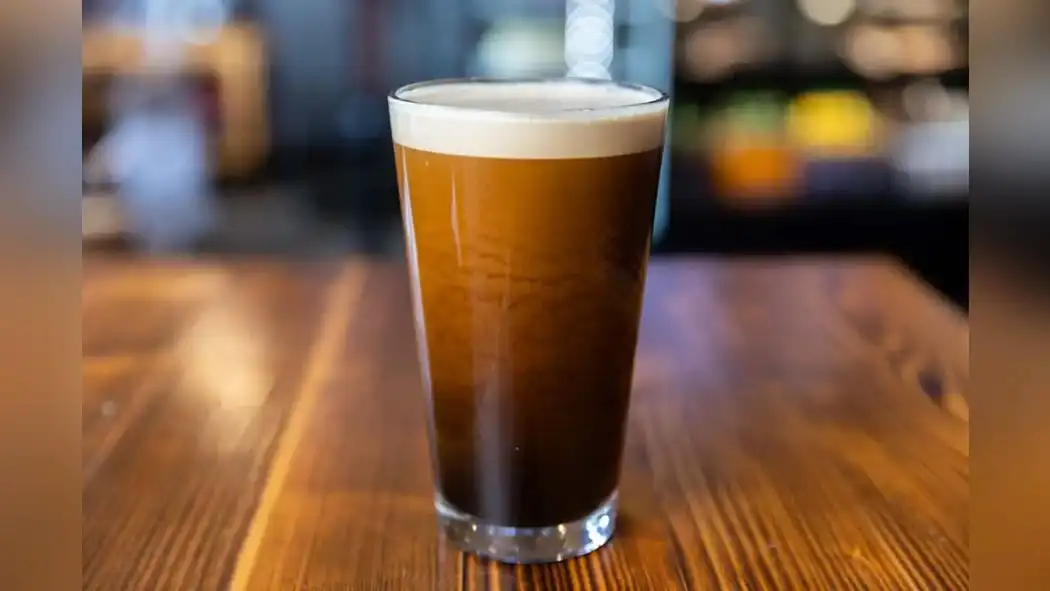Cocoa Beans vs Coffee Beans
In this article, I will explain the basic and minor differences between coffee beans and cocoa beans. It is important to understand the difference between coffee beans and cocoa beans because they are two completely different plants. Contrary to the common, where some believe that they are the same or can be easily mixed.
Is there a similarity between coffee beans and cocoa beans?
Coffee beans and cocoa beans have some characteristics in common, but they are basically completely different. They are similar in that they are a good source of antioxidants. As for the differences, they are more than you can imagine.
Coffee is a beverage produced after grinding and roasting coffee beans. It is a world-famous drink and is fermented to various degrees.
Cocoa beans can be converted into cocoa butter or cocoa powder. Cocoa powder is used to produce a chocolate drink. Cocoa butter is used to get chocolate bars.
Ever been curious about the Taste Notes: Coffee Beans vs. Espresso? Dive into the fascinating world of coffee and cocoa beans. Discover the nuances that differentiate these two beans and the delightful beverages they produce. Let Coffeescan.com guide you through the aromatic journey of coffee and the sweet allure of cocoa.
Ever been curious about the distinctions between coffee beans and cocoa beans? While both offer delightful flavors, their origins, uses, and benefits vary. Dive into the world of beans and uncover their secrets. Wondering about the safety of consuming coffee beans? Explore further!
Why do some people think that cocoa beans and coffee beans are the same?
The closest reason for this is the taste. As there is a great affinity between the taste of well-roasted coffee and cocoa drink. This affinity is so great that many believe that there is cocoa powder in the coffee drink or that some coffee has been added to the cocoa drink. Another reason for this confusion is the great similarity between espresso-made coffee powder and cocoa powder.
What are the basic differences between coffee beans and cocoa beans?
Here I will list the differences between coffee beans and coca beans. I’m going to talk about usage, harvesting, growth, preparation, caffeine levels, taste, chlorine and antioxidants.
The Usage:
Coffee beans are mainly used to make a coffee drink. Where the coffee beans are ground and roasted to different degrees according to the taste you desire.
Cocoa beans are mainly used to make chocolate. From cocoa beans we can get cocoa powder and cocoa butter. Cocoa powder is used to produce a chocolate drink, while cocoa butter is used to produce chocolate bars.
Harvest:
Coffee beans are harvested from the coffee fruit, which is very similar to a cherry. The process of harvesting coffee is a very important process, as it is a process that plays a major role in obtaining high quality coffee. As harvesting coffee in large quantities results in mixing bad coffee beans with good coffee beans. Thus, it takes more time to filter it.
Cocoa beans are harvested from the cocoa tree. Where they are picked from the cocoa tree one by one and thus easy to filter as you can get rid of damaged or bad beans easily.
The Growth:
Coffee plants grow exclusively in tropical or subtropical regions. It is found in abundance in Yemen and Ethiopia. Recently, coffee can be grown in many places with advanced cultivation methods.
The cocoa plant grows in fertile lands with high humidity and high temperatures. It is found in abundance in South America and parts of Africa.
Preparation:
The coffee drink is prepared by roasting coffee beans in different degrees and then adding water to it.
Cocoa drink is prepared by mixing cocoa powder with another drink, preferably a sweet drink such as hot milk, to produce a delicious chocolate drink. You can also use cocoa butter to get wonderful pieces of chocolate.
Caffeine Level:
It is known that the level of caffeine in a coffee drink is always higher than that of a cocoa drink. Where the caffeine content in coffee is approximately 40 mg. While the proportion of caffeine in the cocoa drink is approximately 0.23 milligrams. While many prefer coffee because it contains caffeine, it is not recommended to drink large amounts of coffee on a daily basis. Cocoa, although it contains less caffeine, is healthier. However, it is necessary to add some sweeteners such as milk, because the taste of cocoa is very bitter.
Taste:
The taste of cocoa is very bitter and very strong. Therefore, we always find that another drink is added to the cocoa drink to reduce the bitterness.
The coffee drink temperature can be controlled by the degree of roasting. The words you roast the darker the more bitter.
Calories:
Calories in coffee beans are very low and reach almost 0.
Cocoa beans are always rich in calories.
Antioxidants:
Cocoa beans usually contain higher amounts of antioxidants. Nevertheless, the antioxidants in coffee beans are considered very acceptable.
Can coffee be combined with chocolate?
Yes, it is possible, but within reason. The most famous drink that contains coffee and chocolate together is coffee mocha. It is a drink that contains espresso, chocolate and evaporated milk.
Caffeine Myths: Chocolate vs Coffee:
When it comes to the world of beverages, few topics are as widely debated as the caffeine content in chocolate and coffee. There seems to be a perpetual myth circulating about the levels of caffeine present in these two beloved drinks. Let’s take a moment to debunk these caffeine myths and shed some light on the truth.
One common misconception is that chocolate contains more caffeine than coffee. This misconception might stem from the fact that both chocolate and coffee share an alluring bitterness, creating an association between the two flavors. However, the truth is far more nuanced.
While it’s true that cocoa beans do contain caffeine, the amount is significantly lower compared to the robust caffeine content found in coffee beans. Cocoa beans, from which chocolate is derived, typically contain around 12 milligrams of caffeine per 100 grams. In contrast, a standard cup of coffee can contain anywhere from 70 to 140 milligrams of caffeine, depending on the brewing method and bean type.
So, why does the myth persist? Part of the reason could be the way chocolate is often enjoyed – as a sweet treat, paired with other ingredients that might contribute to a feeling of alertness. For example, the combination of chocolate and sugar might provide a quick burst of energy, leading some to attribute this effect solely to the caffeine content.
Additionally, the rich, complex flavors of both chocolate and coffee might create a sensory overlap, causing our brains to associate the two in terms of their stimulating qualities. This association, however, is more about taste and experience rather than caffeine content.
In reality, if you’re seeking a substantial caffeine boost, coffee is the clear winner. So, next time you’re in need of that morning pick-me-up, you know which beverage to turn to. But remember, moderation is key, regardless of whether you opt for a steaming cup of coffee or a delectable piece of chocolate.
For a more in-depth exploration of the caffeine content in these delightful treats, check out this informative article on Caffeine Myths: Chocolate vs Coffee. It delves into the science behind caffeine levels, clarifying any lingering doubts and providing a deeper understanding of your favorite indulgences.
Coffee Benefits:
Coffee is known to reduce the risk of several diseases such as liver disease, Parkinson’s disease and type 2 diabetes. Research has also shown that regular coffee drinkers have a lower risk of stroke, heart attack, and cardiovascular disease. In addition to the fact that coffee helps to improve the general mood, it also helps in improving memory, memory and fat.
Cocoa Benefits:
When cocoa is raw, it contains many benefits. Including containing a large amount of calcium and also contains large amounts of iron, magnesium and antioxidants. Cocoa is known to fight heart disease, relieve depression and stress, and help dilate blood vessels.
As for cocoa beans that are ground and roasted, they often lose a large amount of vitamins. And when converted into cocoa powder or chocolate cocoa butter, it contains calories, fats and sugars significantly.
Which is better coffee beans or cocoa beans?
It is difficult to say which is better, but in short, cocoa is less acidic than coffee and is therefore very suitable for those suffering from GERD. As for coffee, it is the most popular drink worldwide, because it contains a high amount of caffeine.




